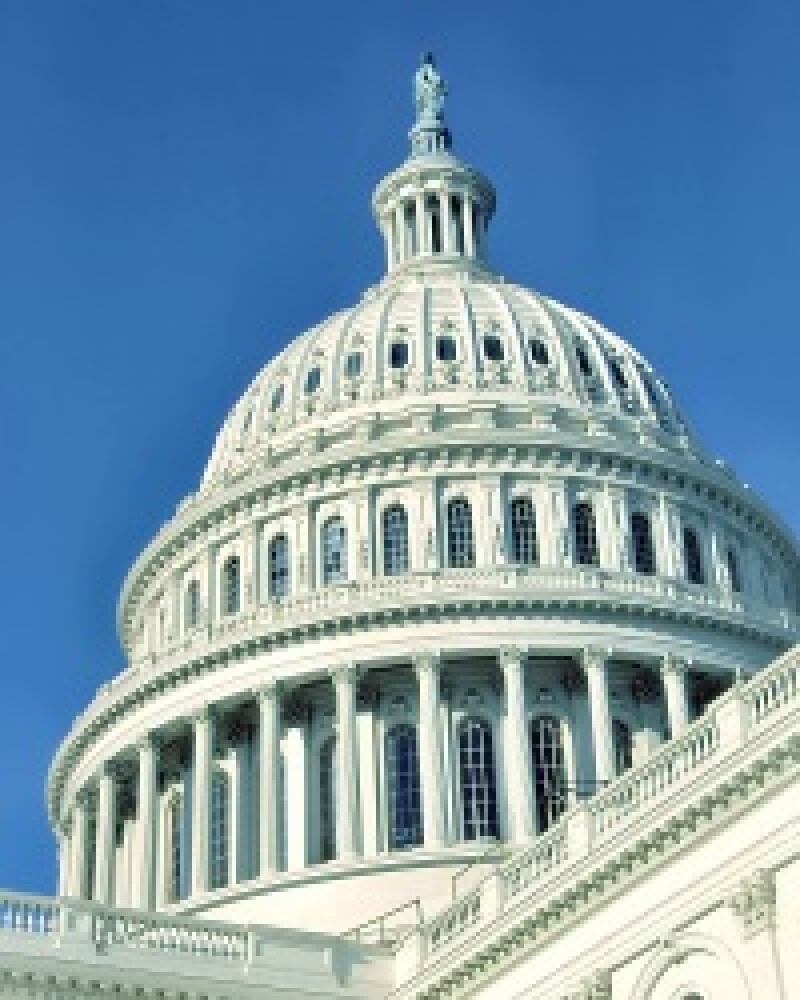
Senate Judiciary Committee Chairman Chuck Grassley and Ranking Member Patrick Leahy, along with senior committee members John Cornyn and Chuck Schumer, have introduced legislation to reform the US patent system.
The Protecting American Talent and Entrepreneurship Act 6 of 2015 (PATENT Act) is also co-sponsored by Judiciary Committee members Mike Lee, Orrin Hatch and Amy Klobuchar.
The PATENT Act includes a fee shifting provision, a subject that has proved controversial in discussions over reform in Congress. Senator Hatch noted: “Effective patent troll legislation must provide a mechanism to ensure that defendants can recover fees even against judgment-proof shell companies. With the addition of a strong fee recovery provision that I have long championed, the PATENT Act now does just that.”
However, the fee shifting provision is less strict than the one included in the Innovation Act, which was reintroduced by Bob Goodlatte in the House of Representatives in February.
The overview provided with the PATENT Act says the fee shifting provision: “Provides that reasonable attorney fees will be awarded if a court determines the position or conduct of the non-prevailing party (plaintiff or defendant) was not objectively reasonable, unless special circumstances make an award unjust. The winner must show that the non-prevailing party’s position was not objectively reasonable and the judge must make a ruling for fees to 2 shift – this is not a presumptive fee shifting rule. Fee shifting extends to cases where a party attempts to unilaterally withdraw from a case on the eve of a trial. Keeps 271(e) (Hatch-Waxman and biosimilars) proceedings under current law.”
The main provisions of the PATENT Act are:
Clarifies Pleading Standards. The bill would establish clear, uniform standards for pleading in patent infringement suits to give defendants real notice of the claims against them, and keep meritless lawsuits from clogging federal court dockets. It also increases transparency by requiring early disclosures about the patent-in-suit.
Protects End Users. The bill protect customers who are targeted for patent infringement based on a product they simply purchased from a manufacturer or off the shelf by allowing the stay of an infringement case against an end user of a product while the manufacturer of the product litigates the alleged infringement.
Reasonably Limits Early Discovery. The legislation protects litigants from the threat of expensive discovery by requiring a court to stay discovery while it resolves key early motions in the case, including motions to dismiss and transfer venue. The bill also directs the Judicial Conference to develop rules about how much a party should bear the cost of discovery beyond what is core for the case.
Creates Risk for Bad Actors. In order to deter plaintiffs and defendants from engaging in abusive and dilatory litigation practices, the bill provides that reasonable attorney fees will be awarded if the winner proves and a court rules that the losing party was not “objectively reasonable.” The legislation provides a process to recover fees where the abusive litigant is hiding behind a shell company.
Curbs Abusive Demand Letters. The legislation adds requirements that demand letters contain meaningful information so they cannot be used merely to scare recipients into early settlements. The bill also heightens penalties for those found to violate the FTC Act by sending misleading demand letters.
Increases Transparency. The bill requires the PTO to keep information about patent ownership in order to provide a resource about patents being asserted in a demand letter or lawsuit.









